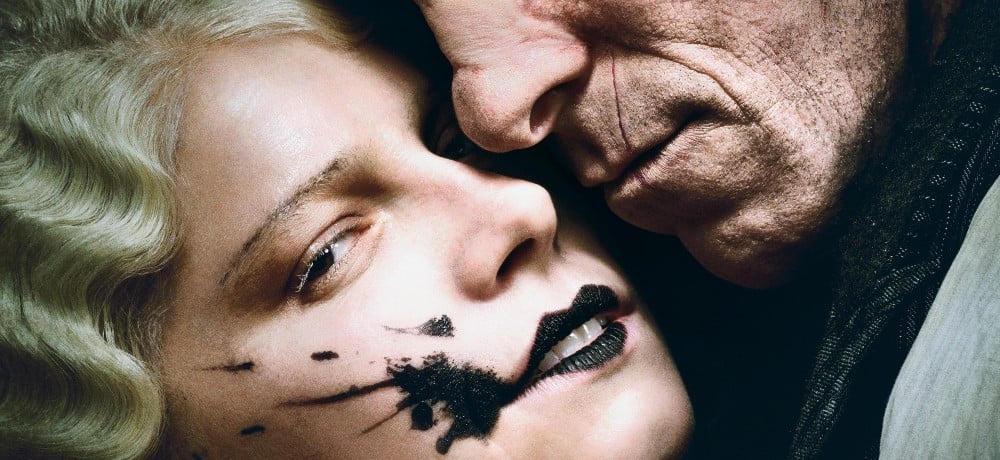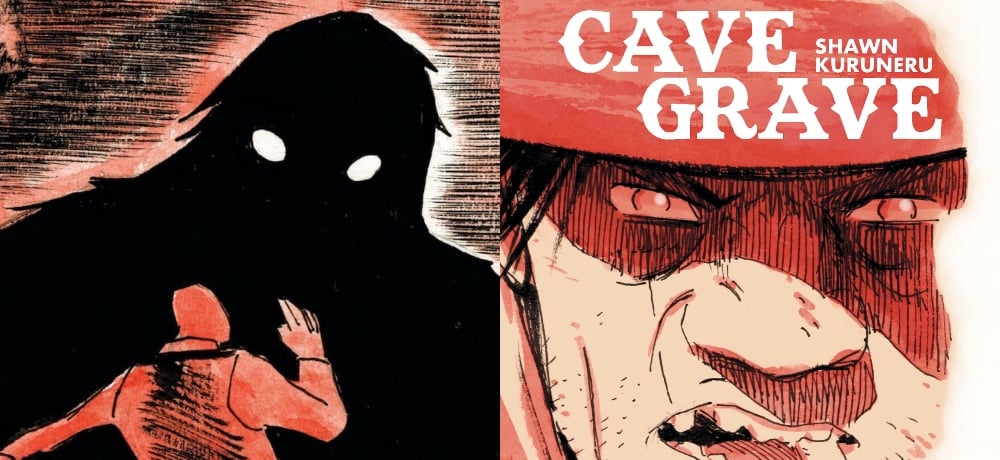





We’re living in an interesting time for horror movies. As the reach of the new global cinema trickles down from the blockbusters to even indie horror, we’re getting films shot in countries and locations that are relatively new to genre films, from the United Arab Emirates (in Tobe Hooper’s long-shelved Djinn) to now JeruZalem, not just made by Israeli filmmakers the Paz Brothers, but actually shot in the titular city itself. It’s a choice that adds both novelty and a sense of history to what is an otherwise overly familiar first-person horror film that’s part zombie movie, part Cloverfield, all disappointing.
Two American girls, Sarah (Danielle Jadelyn) and Rachel (Yael Grobglas) are en route to a vacation in Tel Aviv when they meet Kevin (Yon Tumarkin), who convinces them to accompany him to Jerusalem for good times in the Old City. After a few days of hanging out, sightseeing and partying, the characters find themselves trapped within the city walls as the gates of Hell open and the end of the world begins.
While movies like JeruZalem are often lumped into the “found footage” genre, that designation is not entirely accurate here, as there’s no suggestion that this is a film that has been recovered, as it were. The term has become shorthand for describing the “first person” aesthetic used here, established by the fact that the main character goes through the entire film wearing Google Glass (which manages to date the movie already, as Google Glass isn’t really a thing anymore) because her regular prescription specs get nicked.
While it’s meant to give the movie some immediacy—we see what she sees—it has the effect of putting us at a remove. All we know about Sarah is that she has recently suffered a loss and misses her caring father, seen briefly at the beginning. The rest of her character has to be developed via awkward offscreen voiceover, making it very difficult to empathize with her. Without a ballast worth caring about when things start to go bad, there’s no emotional investment in what happens to the main characters. We might as well be playing a first person video game.
There are a handful of things that JeruZalem is smart about. For starters, it’s one of the few found footage/first person horror films I can recall told from the perspective of a female protagonist. That may not seem like a big deal, but it is actually quietly revolutionary. For as much talk as there is about the “male gaze” in horror, no subgenre is more guilty of the device than found footage, which makes the gaze completely literal. By establishing the “narrator” of JeruZalem as female, the Paz brothers upend that outdated tradition without patting themselves on the back for doing so.
The film still has its share of gender issues, however, such as a scene in which Sarah has sex while her father messages her things like “I know you are being a good girl.” I guess the irony here is that she is being a terrible person because she’s sleeping with a guy? You see how this is a problem.
As opposed to the usual camcorder/iPhone approach to first person horror, the Google Glass hook offers the opportunity for Sarah to pull up other screens and songs laid over what we’re actually seeing. It never really advances the story beyond telling us which characters have Facebook profiles, but the gimmick speaks to the modern audience’s ability to process multiple pieces of visual information at the same time. While it may amount to little more than onscreen noise, there’s something very scarily modern about this approach to storytelling. The filmmakers deserve some credit for bringing the first person aesthetic into 2016.
Unfortunately, these unique touches can’t undo the fact that almost everything else JeruZalem does has been done before, and often better. The characters are almost nonexistent, their performances stiff and awkward. There is an enormous amount of buildup before the horror elements actually enter the picture, and this near hour of exposition isn’t used to set up what’s to come or build a sense of dread. It’s just young people wandering Jerusalem until suddenly—and, were it not for a brief prologue, practically out of nowhere—the apocalypse begins. From here the film suffers the same problems as typical found footage movies, in which the horrific elements (here demons sprouting wings and the occasional giant monster) are barely glimpsed. The image shakes and jumps and cuts to black, all editing tricks to create a false sense of urgency and save money on special effects.
It doesn’t help that the underdeveloped characters make an endless series of terrible decisions once everything goes bad. These aren’t bad decisions in the “they’re panicked and what would you do?” sense. These are inexcusably stupid choices that continually put themselves and everyone else in horrible danger. It was hard enough to feel sympathy even before they actively participated in their own potential deaths, but when they behave the way they act here, we can’t help but feel like it’s all they deserve.
There’s a neat idea for a first person horror film taking place at the epicenter of the apocalypse, and at least JeruZalem offers a location we rarely get to see on film, much less a genre offering. Unfortunately, neither is enough to save the movie. Maybe it’s my own distaste for the first person aesthetic—I can count on one hand the number of these films I’ve enjoyed—but I think it has more to do with uninspired storytelling and clunky execution that keeps me from embracing JeruZalem. It just doesn’t work. On the plus side, the movie does teach us that demons aren’t on Facebook. At least that question is answered.
Movie Score: 2/5